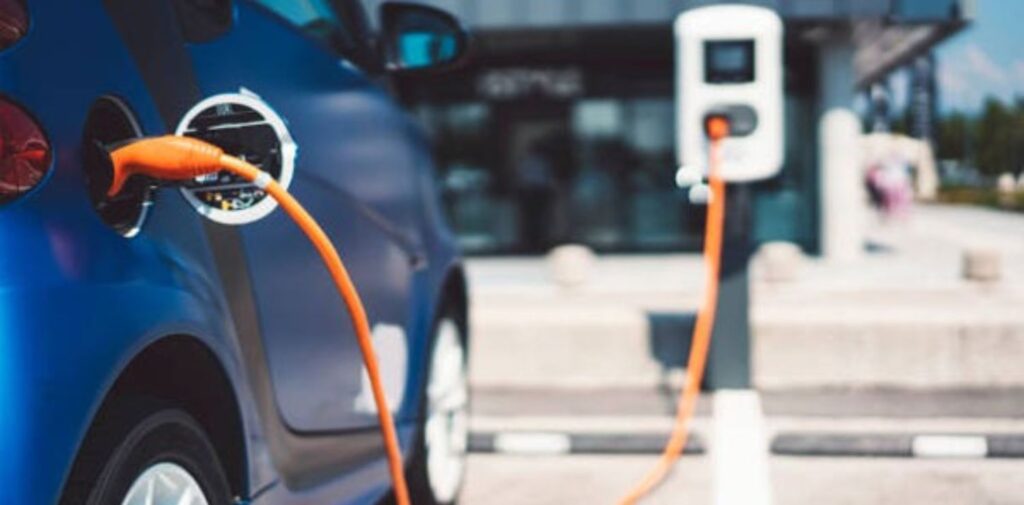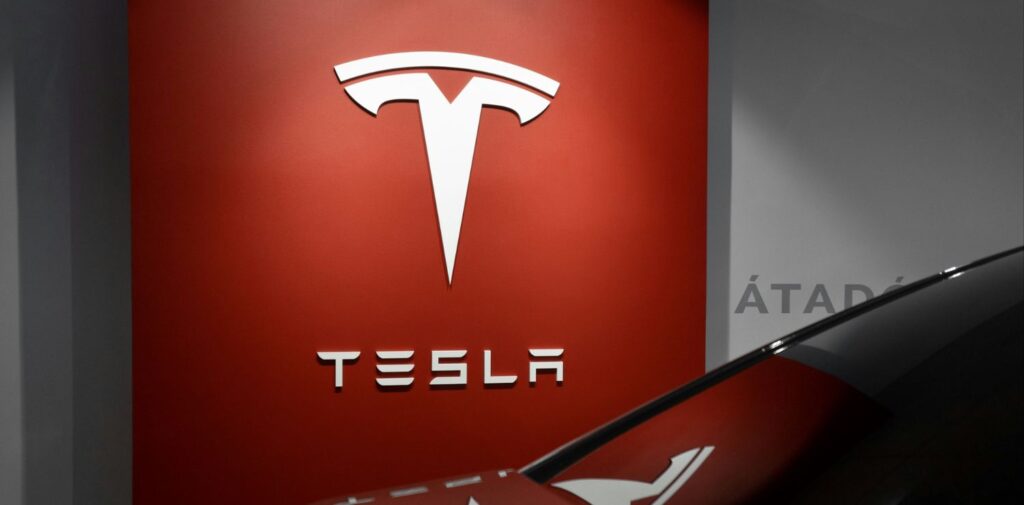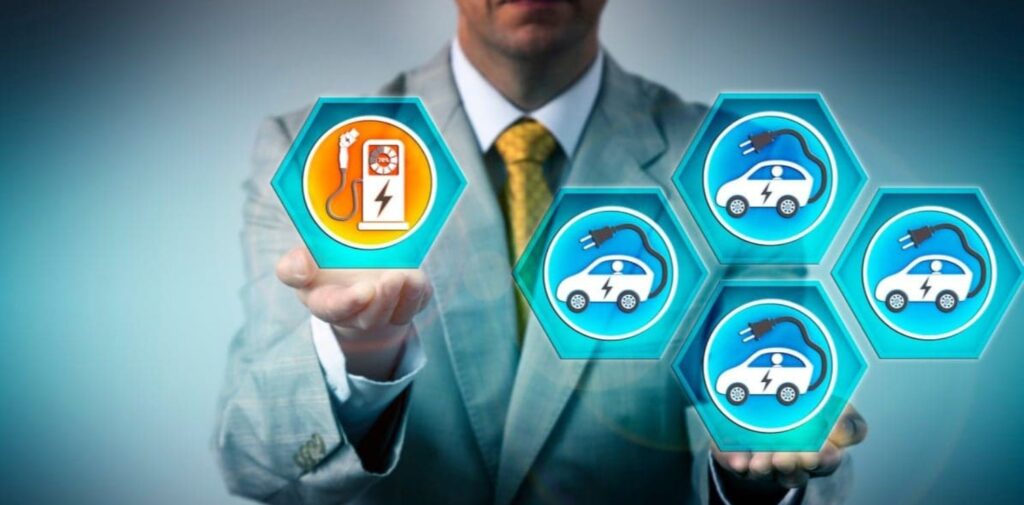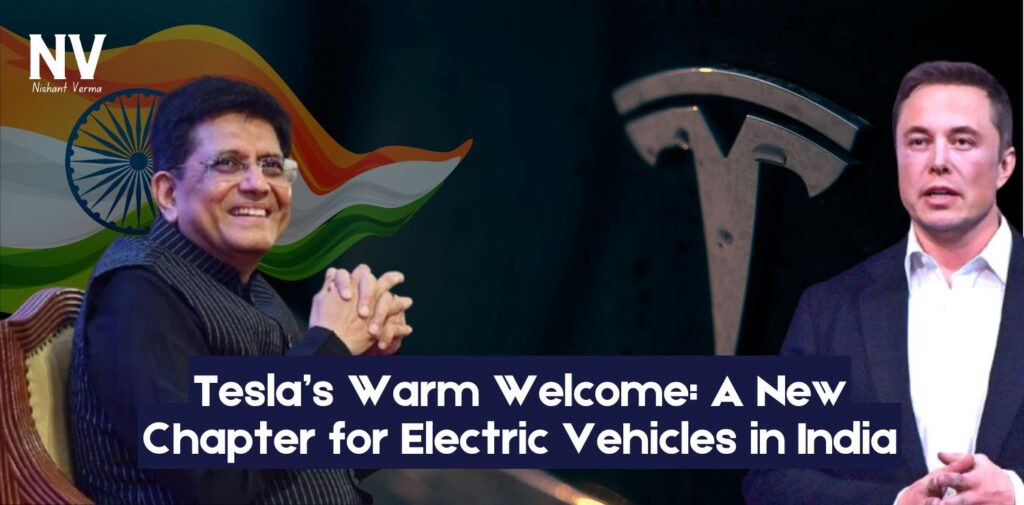In a recent statement, India’s Minister of Commerce and Industry, Piyush Goyal, extended a friendly invitation to Tesla, the renowned electric vehicle (EV) manufacturer founded by Elon Musk. With an emphasis on sustainability and market opportunities, Goyal expressed India’s eagerness to welcome and establish manufacturing operations in the country. This move could mark a significant turning point for India’s EV market, offering numerous benefits for both the nation and Tesla itself.
The Electric Vehicle Revolution in India
India has been on a transformative journey towards electric mobility. The government is pushing for electric vehicles as part of its commitment to reducing carbon emissions and promoting sustainable transportation. With the increasing concern about climate change, it has become imperative for countries, especially emerging economies like India, to shift towards cleaner energy sources. EV are at the forefront of this transition.
Indian Companies Leading the Charge
Domestic manufacturers like Tata Motors and Mahindra & Mahindra have already made significant strides in the EV sector. Tata has introduced models like the Nexon EV and Tigor EV, while Mahindra is working on a range of electric SUVs. These companies are not only producing EV but are also investing in charging infrastructure, battery technology, and R&D, positioning themselves as leaders in the Indian market.
A Growing Ecosystem for Electric Vehicles
The Indian government has launched various initiatives to encourage the adoption of e-vehicles. The Faster Adoption and Manufacturing of Hybrid and Electric Vehicles (FAME) scheme provides financial incentives for manufacturers and consumers alike. Additionally, states across India are implementing their own policies to support EV adoption, such as reduced registration fees, tax exemptions, and investment in charging stations.

With these developments, India is rapidly building an ecosystem that supports electric mobility. The welcoming stance toward this aligns with this momentum, further solidifying the country’s commitment to becoming a global hub for EV manufacturing.
Tesla’s Potential Impact on the Indian Market
If Tesla decides to set up manufacturing in India, it could have far-reaching implications for the EV landscape in the country.
Access to a Large Market: India is one of the largest automotive markets globally, with a growing middle class and increasing disposable income. The demand for EV is set to rise as consumers become more environmentally conscious and seek sustainable transportation options. Tesla’s entry into India could meet this burgeoning demand, making EVs more accessible to a larger audience.
Job Creation and Economic Growth: Establishing a manufacturing plant in India would create numerous job opportunities. This operations would require skilled workers in various fields, from engineering to manufacturing and sales. This could help boost the local economy and provide livelihoods for many.
Moreover, The presence could encourage other foreign manufacturers to invest in India, creating a ripple effect that promotes competition and innovation in the sector.

Technological Advancements: This is known for its cutting-edge technology and innovation in EV. By collaborating with Indian companies and leveraging local talent, This could introduce advanced technologies to the Indian market. This collaboration could lead to improvements in battery technology, charging infrastructure, and overall vehicle performance, ultimately benefiting consumers.
Addressing Challenges in the Indian EV Market
While the prospect of entering the Indian market is exciting, there are challenges that need to be addressed for a smooth transition.
Charging Infrastructure: One of the primary concerns surrounding EV in India is the lack of a robust charging infrastructure. Although efforts are being made to install charging stations across the country, more investment and planning are needed. The experience in developing charging networks globally could help accelerate this process in India.
Affordability and Pricing: EV are often viewed as premium products, which may limit their accessibility to the average Indian consumer. To penetrate the market effectively, Tesla may need to consider local manufacturing strategies to reduce costs. This could include sourcing components locally and producing more affordable models that cater to the Indian market.

Policy Support and Incentives: The Indian government has been proactive in providing incentives for electric vehicle manufacturers and buyers. Continued support and the establishment of clear policies will be crucial in attracting Tesla and other foreign players. The government’s commitment to sustainable transportation should remain a priority, fostering an environment conducive to growth.
Conclusion: A Promising Future for EVs in India
Piyush Goyal’s invitation to Tesla is a clear indication of India’s ambition to be a leader in electric mobility. The collaboration between Indian manufacturers and set the stage for a new era of sustainable transportation. With a growing ecosystem, supportive government policies, and increasing consumer demand, the future of EV in India looks promising.
As the world moves towards a greener future, India’s commitment to EV is commendable. The entry of Tesla could not only enhance the local market but also contribute significantly to global sustainability efforts. This is not just an invitation; it is a call for collaboration, innovation, and a shared vision for a cleaner, more sustainable planet.
In conclusion, with the right strategies and support, this collaboration could redefine the EV landscape, making sustainable transportation a reality for millions of people. The excitement around this possibility showcases India’s potential as a significant player in the global EV market, paving the way for a brighter, greener future.




